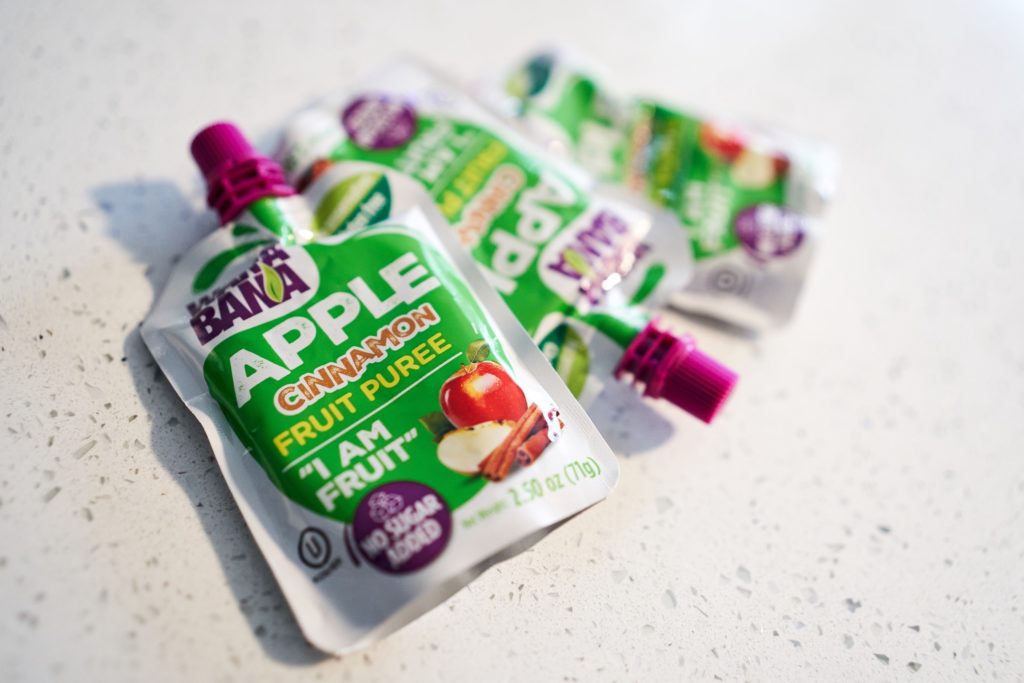Don2 (Don1 Revised)
Contributor

Lead-contaminated applesauce pouches expose issues with food safety oversight
The effects of an Oct. 2023 recall of applesauce pouches with high concentrations of lead are widening, raising questions about how food reaches store shelves, who watches over it and how far that oversight extends. Helena Bottemiller Evich, founder and editor of Food Fix, a publication that...
Video at link.
Lead found in blood levels of children in US linked to these apple sauce pouches, sold in stores that poor people frequent, like Dollar Tree...
That's interesting on a number of levels.
